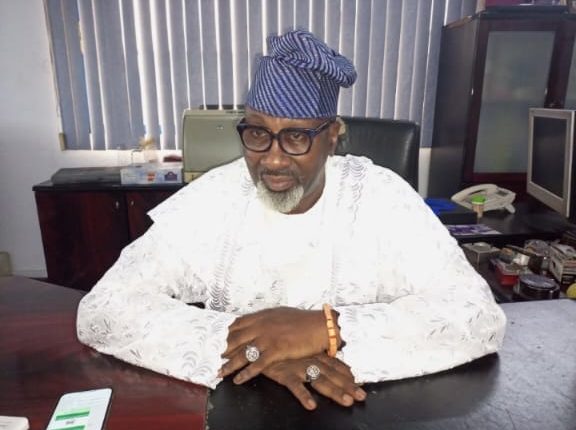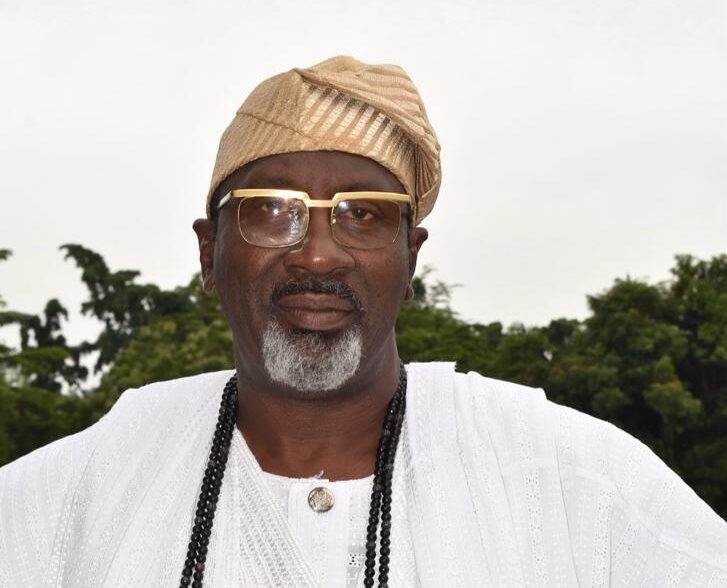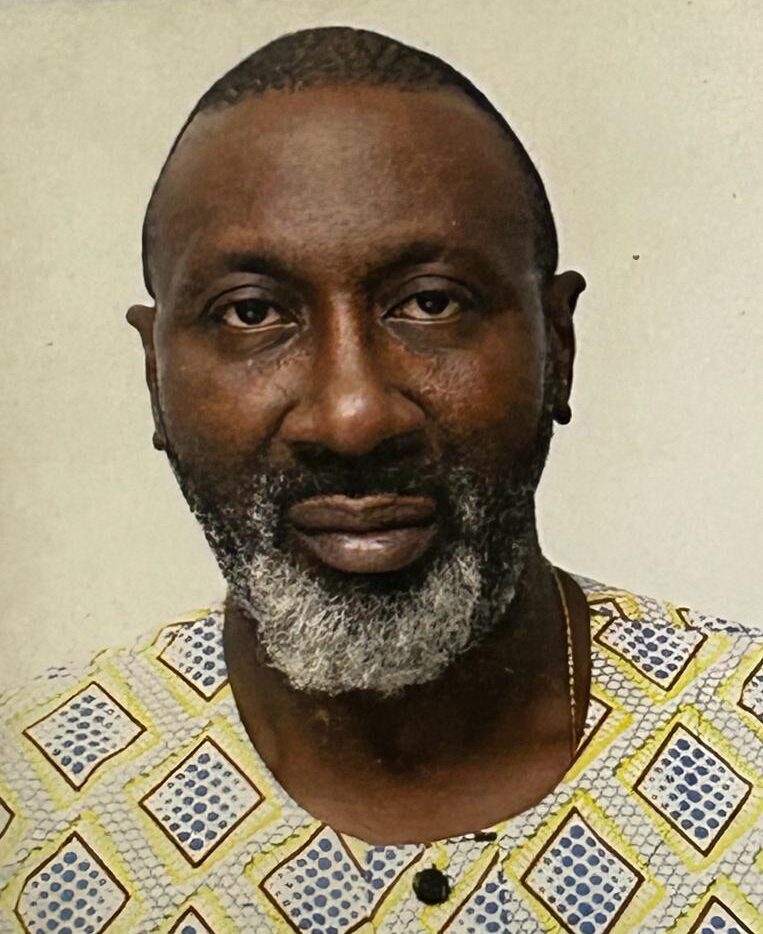We must get to the promised Land, it won’t be easy but it’s in sight!
Despite the overwhelming criticism, I knew that I couldn’t simply walk away and wash my hands of the situation. Instead, I realized that it was my responsibility to help others understand that good governance is not achieved by magic. It requires dedication, hard work, and a continuous effort to hold our leaders accountable.
So, we made it our mission at AATSG to educate those who had once believed in the promises of a better future. We held discussions, organized seminars, and I wrote articles to shed light on the complexities of governance and the challenges that come with it. It was not an easy task, but we at AATSG knew that it was necessary to ensure that the mistakes of the past were not repeated in the future.
As the days passed, we saw a glimmer of hope as some began to understand the complexities of governance and the need for continued vigilance. It was a small victory, but it reminded us that despite the hardships, the fight for good governance must continue. And so, we at AATSG vowed to press on, unwavering in our commitment to educate and empower others in the pursuit of a better future for all Nigerians.
At first glance, the issue in Nigeria may seem simple – a struggle against bad governance and free fall economy. But in reality, the situation is much more complex than we all think. It’s a problem that has been brewing for years, and it’s going to take time to turn things around. However, it’s expected to get bad in order to get good, just like a plane descending before it can ascend again.
The free fall Nigeria has been experiencing is not something that can change direction all of a sudden. It has to move forward first before it can come to a stop, gradually start to head in the opposite direction, and then pick up momentum. In order for any of these rebuilding actions to be felt in Nigeria, we would need at least two years. As such, the only thing we can ask for now is a lot of understanding and patience as we try to implement palliative interventions to cushion the hardships and effects of past bad governance.
The current situation in Nigeria can be likened to a plane that has lost altitude and is on the verge of crashing. The pilot, representing the government, needs to carefully maneuver the plane out of its free fall and onto a stable path. This is not something that can happen overnight, and it requires a strategic and deliberate approach plus a lot of sacrifices from all of us.
The issues in Nigeria definitely command attention, as the impact of past bad governance has been felt by the entire population. The economy is crumbling, basic amenities are lacking, and there is a general feeling of uncertainty and despair. People are struggling to make ends meet, and the future looks bleak.
The complexity of the Nigerian issue goes beyond just surface-level problems. It requires a deeper understanding of the historical, political, and economic factors that have contributed to the current state of affairs. It’s not just a matter of implementing quick fixes, but rather a comprehensive and long-term plan to address the root causes of the issues.
Despite the challenges, there is a collective desire among the Nigerian people to see positive change. They yearn for a better future, one where they can feel secure and hopeful. This desire is what drives the need for understanding and patience as the government works to implement interventions to alleviate the hardships faced by the people.
It requires a sustained effort and commitment from both the government and the people. The Nigerian issue is indeed more complex than we all think. It requires a long-term approach and the understanding and patience of all involved. It won’t be easy, but with determination and unity, Nigeria will overcome its challenges and emerge stronger than ever.
Otunba Abdulfalil Abayomi Odunowo
National Chairman AATSG.



